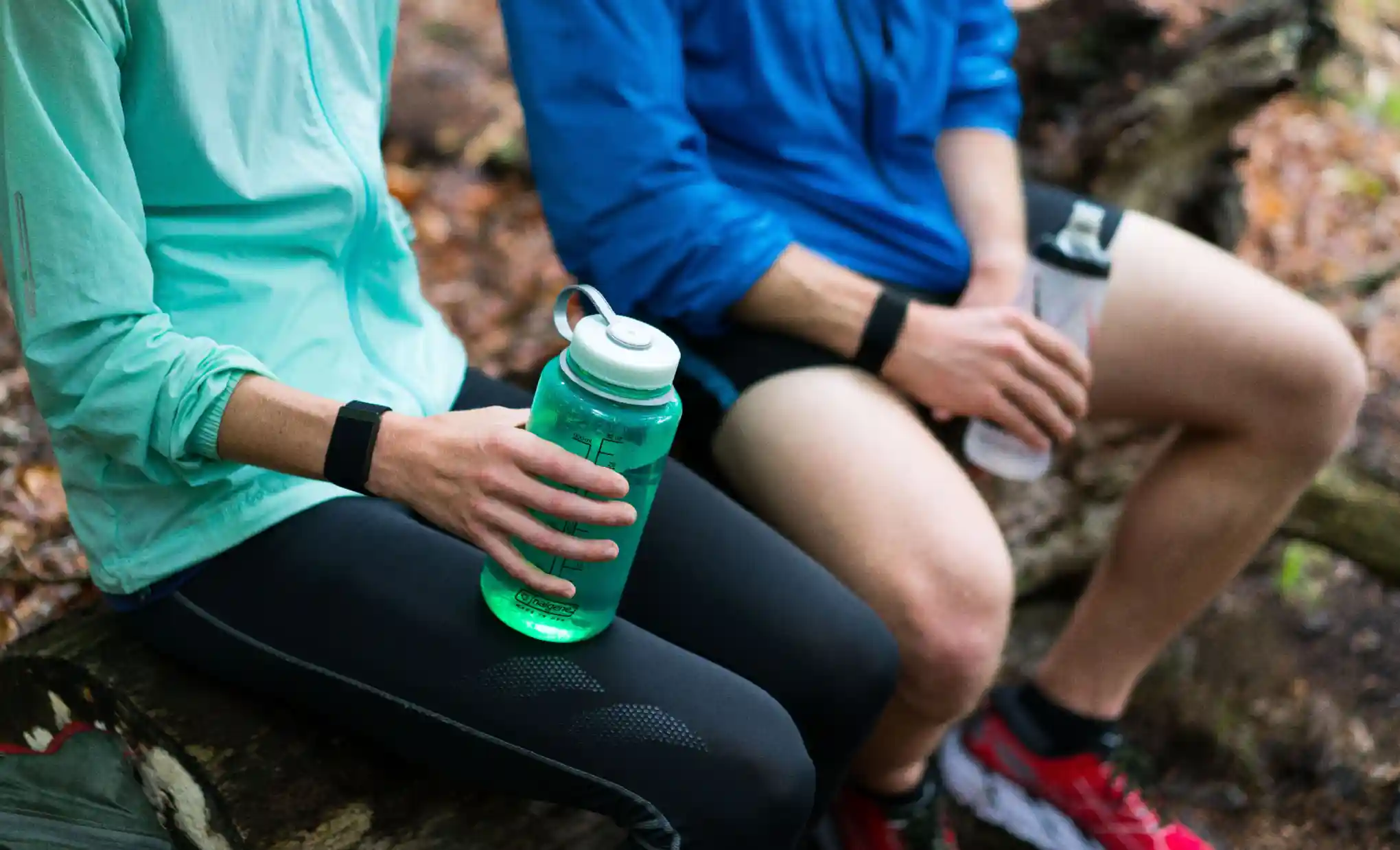Topics
- Article
#WHOOPEd Weekly Digest, Vol. 25

Measuring life satisfaction, the importance of recovery drinks, and building championship teams with mindfulness and empathy.
Monday, October 23
Could sleep hygiene and catching more z’s have a strong relationship with a meaningful purpose in life?
https://www.scientificamerican.com/article/the-secret-to-a-better-nights-sleep-a-sense-of-purpose/?
- According to the Center for Disease Control, approximately 50-70 millions Americans suffer from a sleep disorder.
- At Northwestern University School of Medicine, Arlener Turner, Christine Smith and Jason Ong have found that people who reported having a greater sense of purpose in life also reported getter better sleep, regardless of age, gender, race and level of education.
- The study looked at 825 older Americans. It is critical to note the study only assessed the association between sense of purpose and sleep.
- Another way to view the study–people who have a greater sense of purpose also tend to have better physical and mental health, which explains their higher quality sleep.
Tuesday, October 24
“Even though you can’t measure happiness, you can measure life satisfaction” Dan Buettner
https://www.theatlantic.com/health/archive/2017/10/get-rid-of-everything/543384/
- Dan Buettner is a New York Times best-selling author and a National Geographic Fellow. He travels the world in search of the healthiest people and harvests their advice for a happier life.
- By making his profession a combination of journalism, academic epidemiology, entrepreneurship and advocacy, he is able to see the world from the perspective of the people he interviews and gather information.
- He defines happiness as a culmination of health, emotions, the way you evaluate your life and the extend of which you are living out your values.
- Although we may not be able to measure happiness, we can measure life satisfaction by asking questions such as “How much do you smile? Do you learn new and interesting things every day? Have you used your strength to do what you do best this week?”
- Buettner’s piece of advice: Buy experiences, not things. From there, value the experience by reflecting and staying present.
Wednesday, October 25
No excuses: winners overcome adversity, make no excuses, and find a way win
https://medium.com/horizonperformance/no-excuses-find-a-way-to-win-cfdafb520e9b
- Jim Thorpe was not favored to win the decathlon going into the 1912 Olympics.
- Before the final event of the three-day competition Thorpe’s sneakers went missing, leaving his only option to go thru the trash to find a single shoe too small and borrow a shoe that was so over-sized her had to wear extra socks.
- Thorpe won his next competition, 1,500 meters, and set a record that stood until the 1972 Olympics.
- Foster the mindset of making no excuses by repeatedly exposing yourself, or your athletes to adversity. Championship teams never give up on each other or give in to adversity.
Thursday, October 26
Recovery drinks after exercise: What happens physiologically and why it’s crucial for repair & regeneration
http://www.220triathlon.com/nutrition/what-happens-when-you-take-a-recovery-drink/12068.html
- When finishing exercise, it is highly recommended that you consume recovery drinks within 30-45 minutes of workout completion.
- The recovery drink should be a combination of protein, carbohydrate and sometimes electrolytes.
- Post-exercise, the body is most receptive to restocking muscle and liver glycogen. Carbohydrates are broken down into glucose and taken to muscle and liver cells.
- Proteins from the recovery drink are broken down into amino acids. Amino acids are used to resynthesize structural protein to repair damaged muscle fibers.
- Combining carbohydrates and protein in recovery drinks improves the effectiveness of protein synthesis and glycogen replenishment, according to research suggestions.
Friday, October 27
Championships teams built off of mindfulness, empathy and cooperation. How and why it works
- Coach Steve Kerr has shaped the Golden State Warriors’ team culture around four core values: Joy, mindfulness, compassion and competition.
- Mindfulness teacher Jon Kabat-Zinn encourages people to view it as a state or quality you can bring to any activity.
- Mindfulness can be a catalyst to other health benefits, such as overall better holistic health, more positive emotions and more compassionate behaviors.
- “Empathetic joy”is defined as feeling another person’s happiness as your own. Research states it can enhance one’s own experience of triumph.
- Research suggests that groups, from the animal kingdom to humans, whose members sacrifice their own self-interest for the collective good of the group are more likely to succeed and survive in competitive environments.